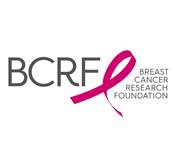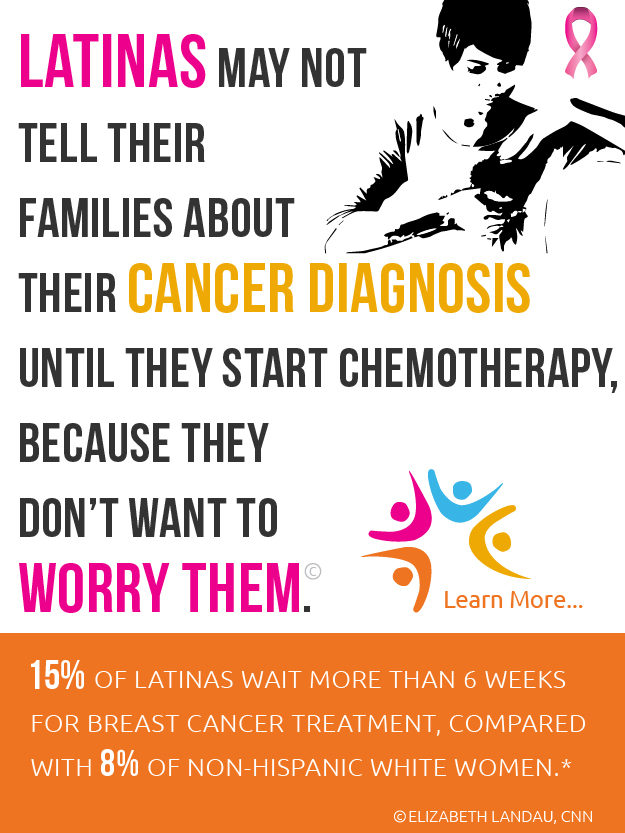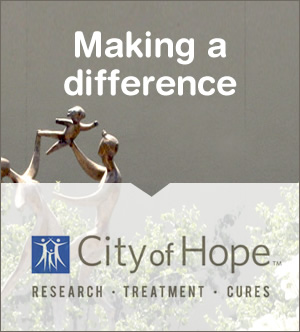
What Hispanic Women Should Know About Breast Cancer
04/20/2015 04:58PM | 7535 viewsDr. Edith A. Perez, MD, Mayo Clinic, Jacksonville, Florida
Deputy Director At Large, Mayo Clinic Cancer Center; Serene M. and Frances C. Durling Professor of Medicine Division of Hematology/Oncology; Group Vice Chair, Alliance for Clinical Trials in Oncology.
Approximately 230,000 women (and around 2000 men) are diagnosed with breast cancer each year in the United States and approximately 17,000 are Hispanic women. According to the American Cancer Society, breast cancer is the most commonly diagnosed cancer in Hispanic women and the leading cause of cancer-related deaths. We now know that many complex and interrelated factors contribute not only to the development of breast cancer, but also to patient outcome after a diagnosis. These factors include: access to and use of health care, the types of treatments received, environmental and lifestyle factors, genetics, social and economic status factors as well as cultural beliefs.
Socioeconomic status is one of the most significant influences affecting overall health, because it impacts access to health insurance, preventive care, early detection and treatment. Hispanic women are disproportionately affected by this situation, and this is reflected in access to preventative services, such as cancer screening. While breast cancer screening has increased across all racial and ethnic groups, Hispanic women are still less likely to be diagnosed with early stage breast cancer than non-Hispanic women. Some of this disparity is due to infrequent mammograms, as well as lack of timely follow up in the cased of suspicious mammograms, but education about the importance of screening should be top priority to improve patient survival.
Obesity is associated with an increased risk of several cancers, including post-menopausal breast cancer, and again Hispanic women are disproportionately affected by this risk factor. While obesity rates have increased across all racial/ethnic groups, Hispanic women are more likely to be overweight or obese than non-Hispanic women. Research has shown that maintaining a healthy weight and regular exercise can reduce the risk of cancer. While this recommendation may be seen daunting to someone who has not exercised regularly in the past, it’s important to emphasize that the type of exercise is less important than consistency.
So, we have a call to action here: get involved with your health, invite your friends and children to join you on your fit routine, talk to your doctor and learn about your risks and options. For more information on tips to meet cancer prevention recommendations for diet and exercise, visit the Centers for Disease Control website
Researchers are making strides to reduce the risk of breast cancer for all women. We’re learning more about the genetic factors for persons of all ethnic backgrounds, and efforts to increase the number of Hispanic women (and men) who participate in clinical trials will provide us with the needed answers to optimize screening techniques and frequency, as well as continue to improve treatment strategies to benefit each person.











Post your Comment
Please login or sign up to comment
Comments